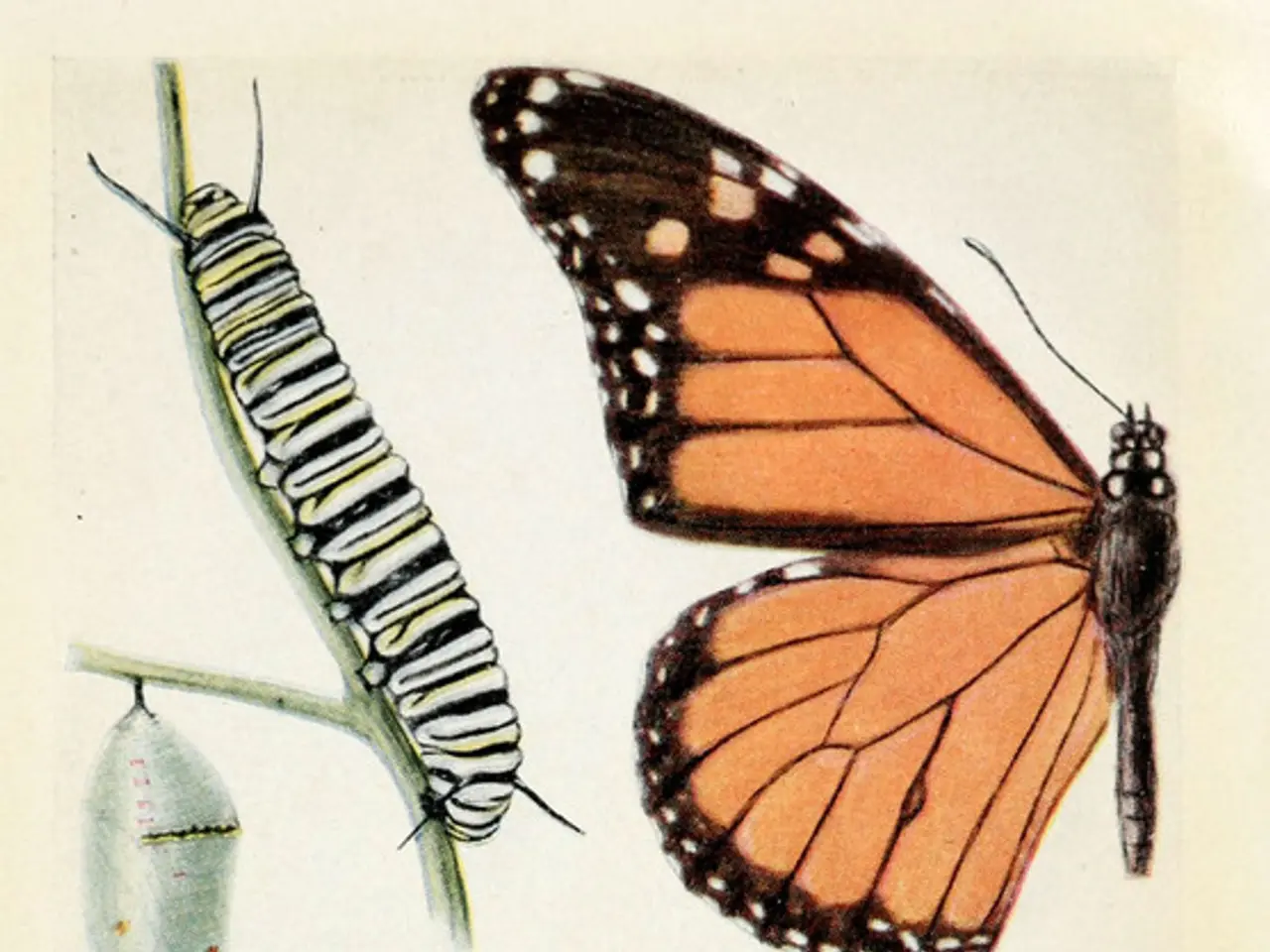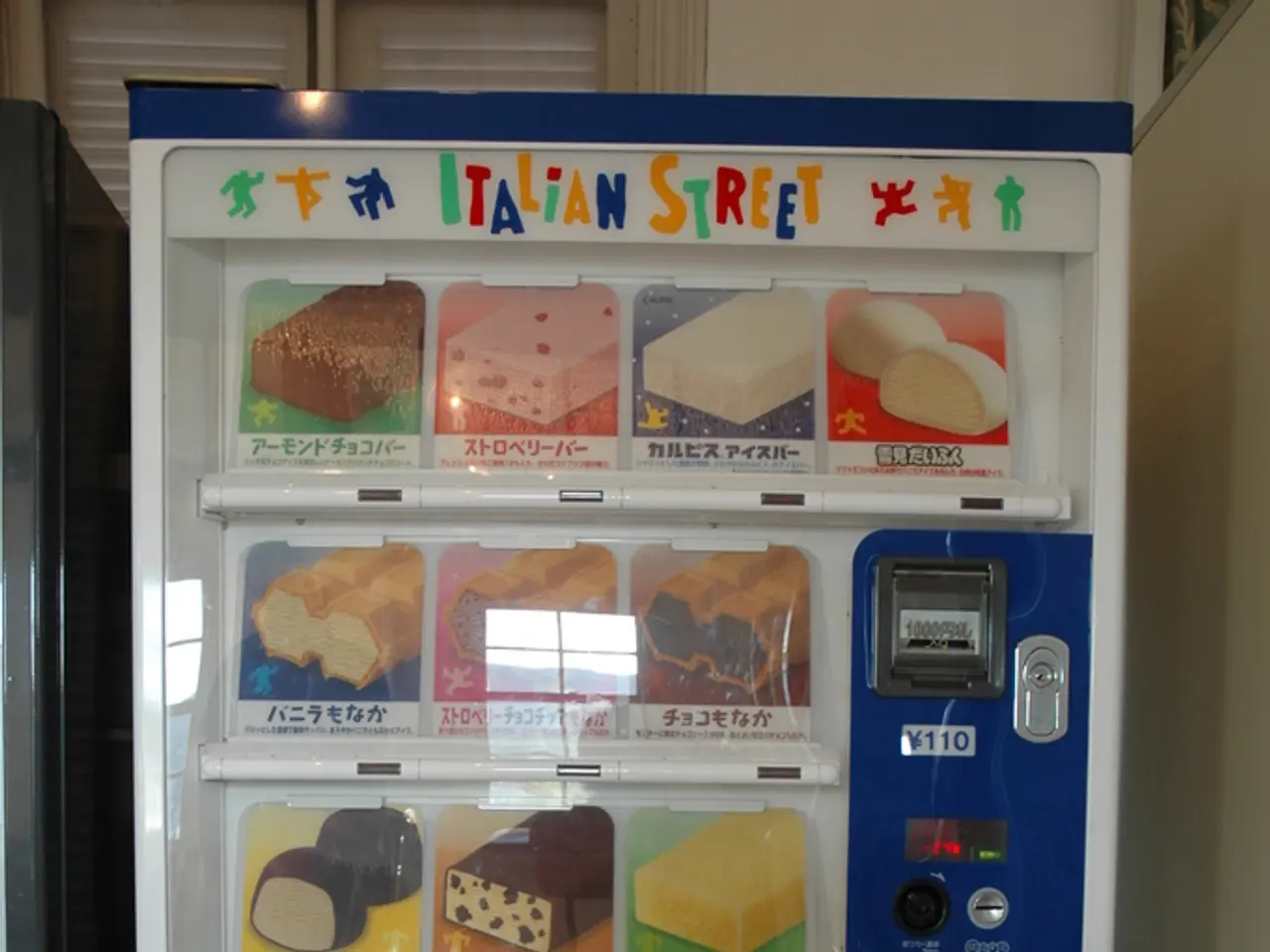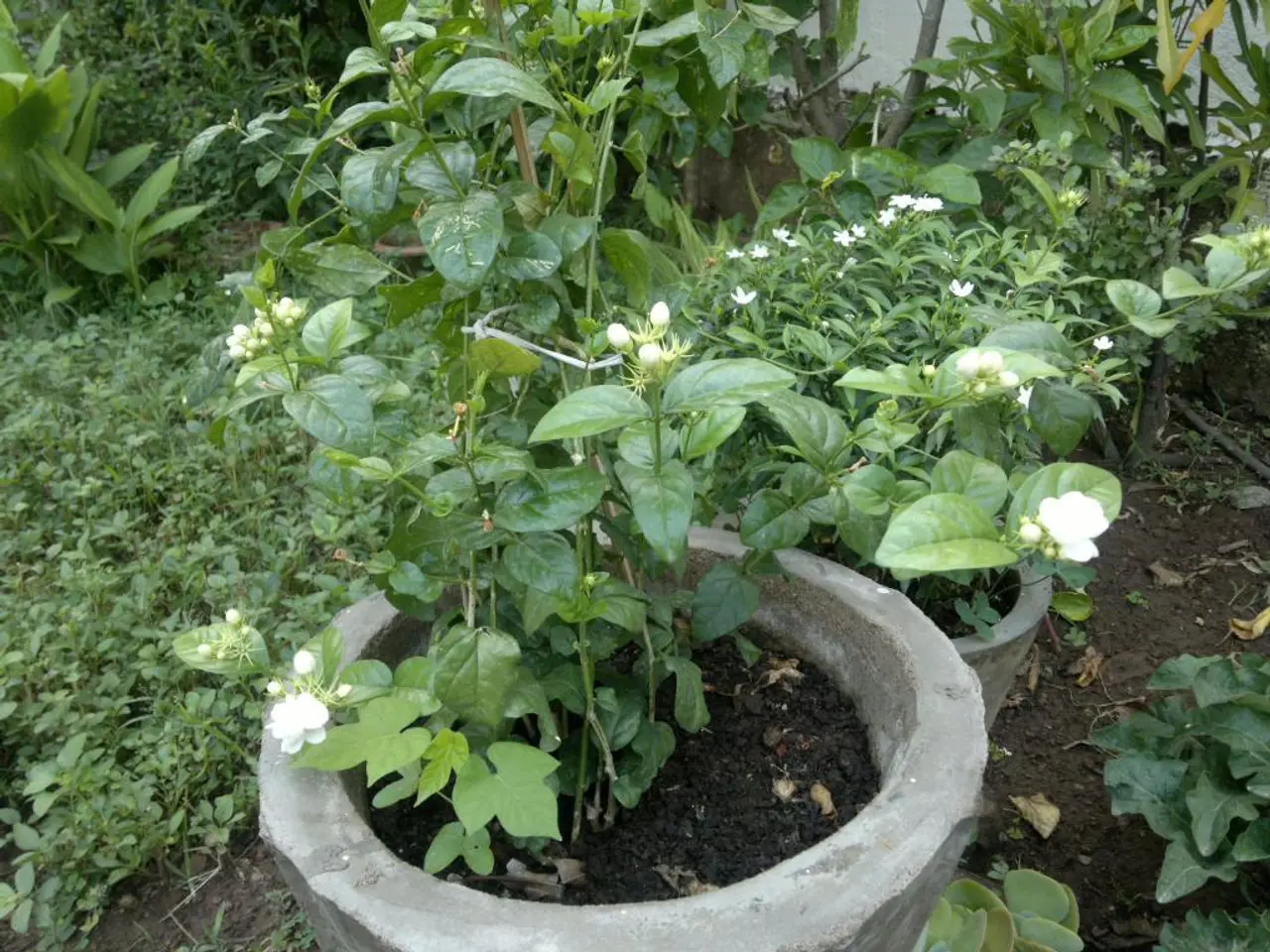AfricaBP's goal, amidst debate, is to shield Africa's biological diversity by employing genomic sequencing technologies
In the vast and diverse continent of Africa, the world of genomics remains largely unexplored. This is despite the potential benefits that genomic technology could bring to food security, biodiversity conservation, and economic development.
South Africa leads the way in GMO crop adoption, with 85% of its maize being genetically modified. However, the story is different across the rest of the continent. Only 11 of Africa's 54 countries have adopted GMO crops, and a mere seven have established regulatory frameworks for them. This slow adoption is chiefly due to infrastructural deficits, fragmented regulatory and ethical governance, logistical burdens, limited funding, and public skepticism, all compounded by insufficient local genomic data relevant to Africa's food security and biodiversity needs.
The African BioGenome Project (AfricaBP) is a platform working to expand genomics capacity and infrastructure across Africa. AfricaBP is sequencing, cataloguing, and studying the genomes of Africa's biodiversity to safeguard it and advance genomics and bioinformatics. The project costs run into the millions, with an estimated $850 million required for sequencing. Another $20 million is required for data storage, download, transfer, and processing.
Africa stands to lose nearly all of its endangered species due to lack of genomic sequencing. The total cost amounts to roughly $100 million annually. This lack of local genomic data is a major gap in the sequencing of African biodiversity—only a tiny fraction (around 20 plant and 11 animal species) of Africa's vast biological diversity has been genomically characterized, mostly outside the continent.
The slow adoption of genomics in Africa is not just a matter of technical capacity. Regulatory and policy barriers also play a significant role. Only a minority of African countries have adopted genetically modified organism (GMO) crops or developed robust regulatory frameworks for them. Opposition to GMOs and genomics-based innovations remains strong in many regions due to safety concerns, public mistrust, and political factors.
Ethical governance challenges further complicate the situation. The rapid expansion of genomics and biobanking has outpaced the development of ethical oversight frameworks tailored to African contexts. Establishing sensitive models for informed consent, data sharing, and benefit sharing that respect local cultures and community engagement has been challenging but essential.
Funding and economic constraints also hinder the widespread adoption of genomics in Africa. High costs associated with importing reagents (often with import taxes), and logistical expenses like shipping samples on dry ice, place additional financial burdens on genomic research and innovation projects.
However, the AfricaBP Open Institute published a study titled "Unlocking the African Bioeconomy and Strengthening Biodiversity Conservation through Genomics and Bioinformatics." The study emphasizes that genomics offers transformative economic opportunities for Africa. The sequencing of 105,000 species is projected to generate significant impacts across the continent.
Investments in South Africa's beef genomics program could generate returns of $140 million over a 10-year period. AfricaBP believes this is critical in reducing foreign dependency, creating skilled jobs, lowering costs, and accelerating innovations. The project is determined to advance the competitiveness of Africa's genomics landscape through capacity building and efforts to establish local sequencing hubs.
Despite these challenges, Africa's genomics initiatives remain primarily within the realm of scientists, research institutions, universities, policymakers, and international partners. Initiatives promoting ethical, inclusive genome editing and public dialogue are critical for building trust and acceptance of these technologies. As Africa embraces genomics, it stands to reap the benefits of a more secure food supply, a better understanding of its vast and unique biodiversity, and a more competitive position in the global economy.
References:
- AfricaBP Open Institute (2021)
- H3Africa Consortium (2018)
- African Union (2020)
- African Academy of Sciences (2017)
- Africa's genomic technology could significantly boost food security, biodiversity conservation, and economic development, but its adoption is slow due to infrastructural deficits, regulatory challenges, public skepticism, and insufficient local genomic data.
- The African BioGenome Project (AfricaBP) seeks to augment genomics capacity and infrastructure across Africa, focusing on sequencing, cataloguing, and studying Africa's biodiversity to safeguard it and advance genomics and bioinformatics.
- The cost of AfricaBP will run into the millions, with an estimated $850 million required for sequencing and an additional $20 million for data storage and processing.
- Africa stands to lose the majority of its endangered species due to a lack of genomic sequencing, with a potential annual cost of roughly $100 million.
- Genetically modified organisms (GMOs) have only been adopted by a minority of African countries, largely due to safety concerns, public mistrust, and political factors.
- Establishing ethical oversight frameworks tailored to African contexts, as well as sensitive models for informed consent, data sharing, and benefit sharing, is crucial to overcome ethical challenges in genomics and biobanking.
- Investments in genomics, such as South Africa's beef genomics program, can offer transformative economic opportunities, generating returns of $140 million over a decade and contributing to reduced foreign dependency, job creation, cost lowering, and innovation acceleration.




